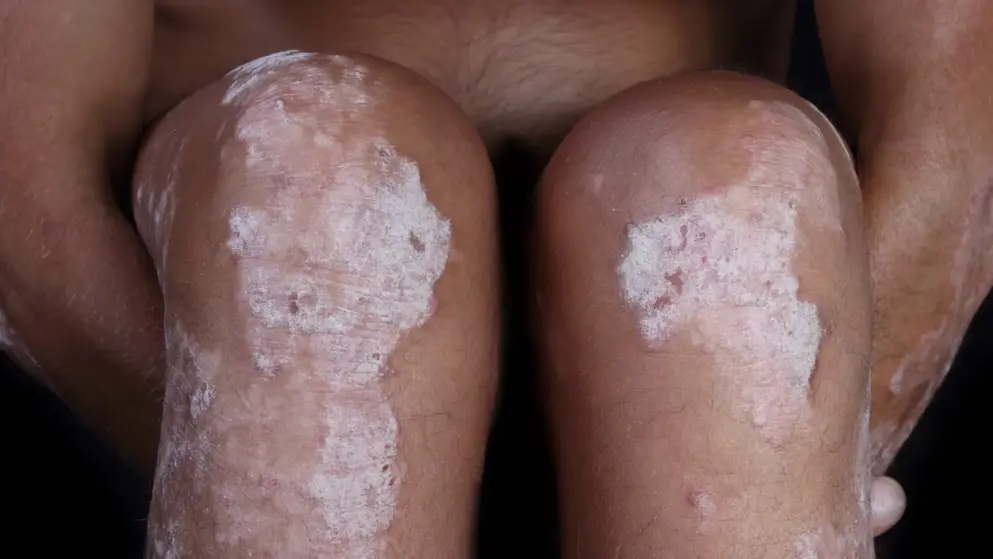
CHMP recommends ixekizumab to treatmoderate-to-severe plaque psoriasis - EliLilly
Eli Lilly and Company announced that the European Medicines Agency's (EMA) Committee for Medicinal Products for Human Use (CHMP) has issued a positive opinion for ixekizumab for the treatment of moderate-to-severe plaque psoriasis in adults in the European Union (EU) who are candidates for systemic therapy. Ixekizumab is designed to specifically target IL-17A, a protein that plays a key role in driving underlying inflammation in psoriasis. This is the first regulatory step toward approval for ixekizumab in Europe. The CHMP positive opinion is now referred for final action to the European Commission, which grants approval in the EU. The Commission usually makes a decision on marketing authorization within two to three months of the CHMP issuing its recommendation.
The CHMP positive opinion for ixekizumab was based on findings from the largest Phase III trial program in moderate-to-severe plaque psoriasis evaluated by regulatory authorities to date. This clinical program included three double-blind, multicenter, Phase III studies—UNCOVER-1, UNCOVER-2 and UNCOVER-3—which demonstrated the safety and efficacy of ixekizumab in more than 3,800 patients in 21 countries with moderate-to-severe plaque psoriasis. All three studies evaluated the safety and efficacy of ixekizumab (80 mg every two weeks, following a 160-mg starting dose) compared to placebo after 12 weeks. UNCOVER-2 and UNCOVER-3 included an additional comparator arm in which patients received etanercept (50 mg twice a week) for 12 weeks. In these studies, the co-primary efficacy endpoints at 12 weeks were Psoriasis Area Severity Index (PASI) 75 and static Physician's Global Assessment (sPGA) 0 or 1.1 PASI measures the extent and severity of psoriasis by assessing average redness, thickness and scaliness of skin lesions (each graded on a zero to four scale), weighted by the body surface area of involved skin, while the sPGA is the physician's assessment of severity of a patient's psoriasis lesions overall at a specific point in time and is a required measure the FDA uses to evaluate effectiveness.

